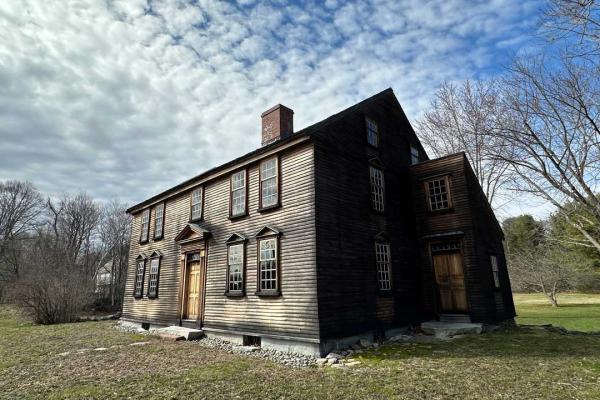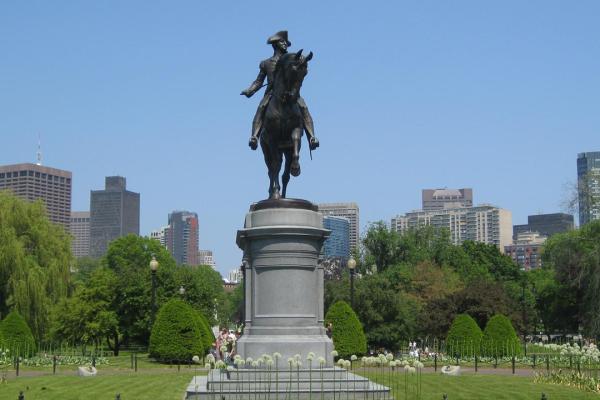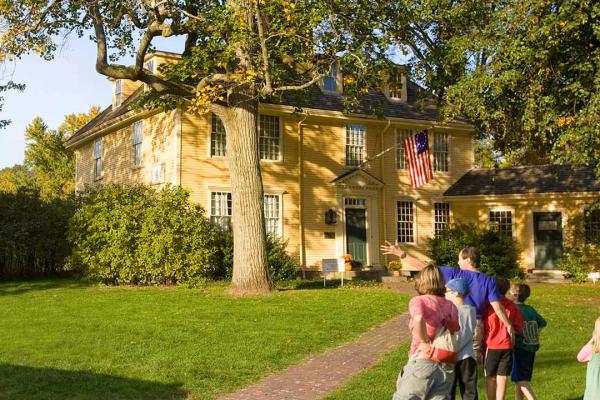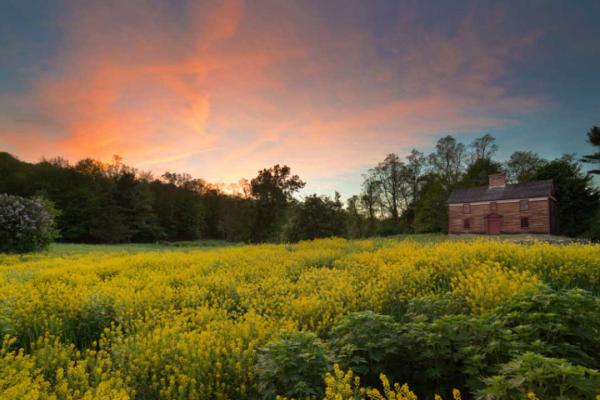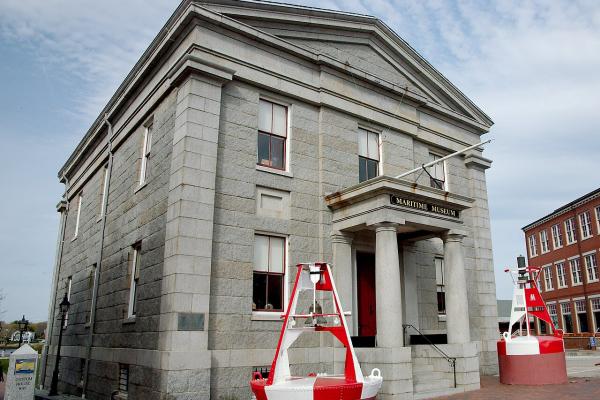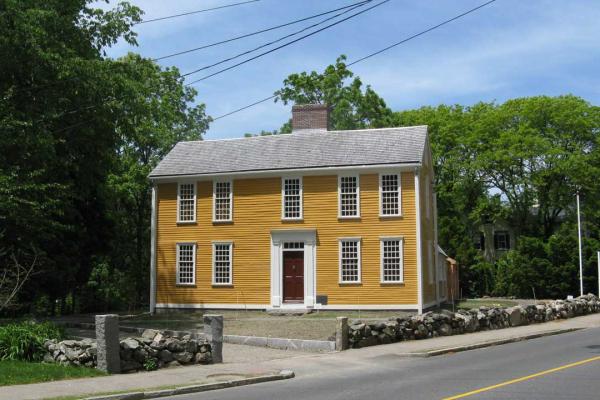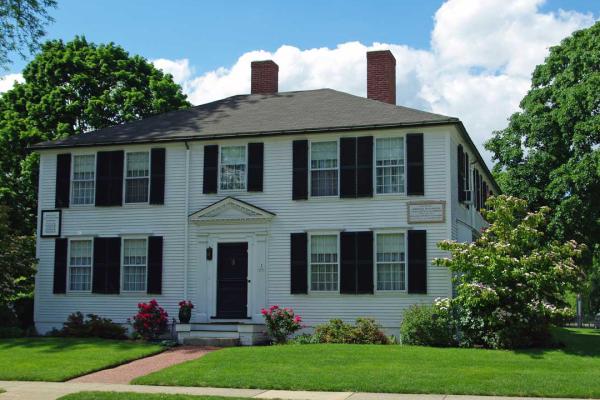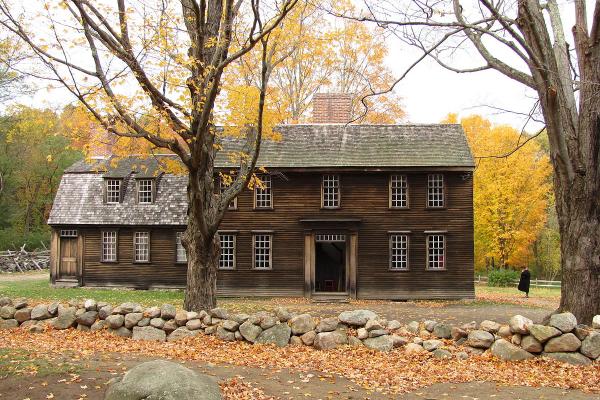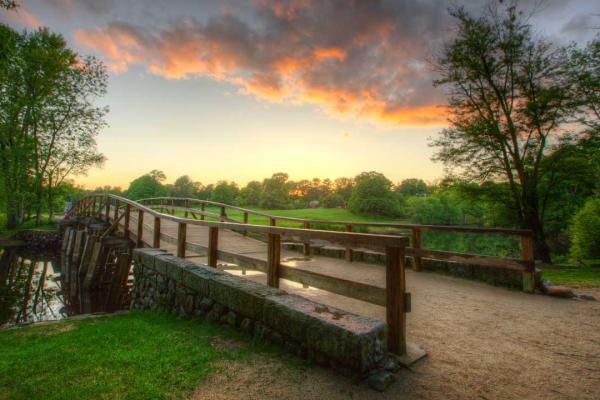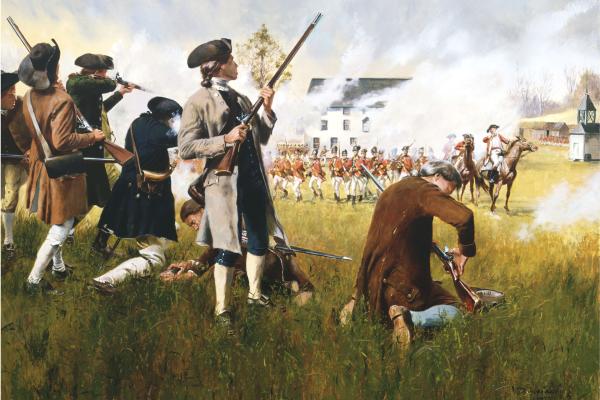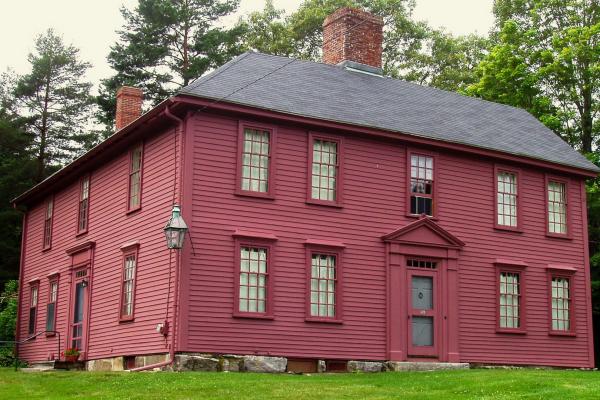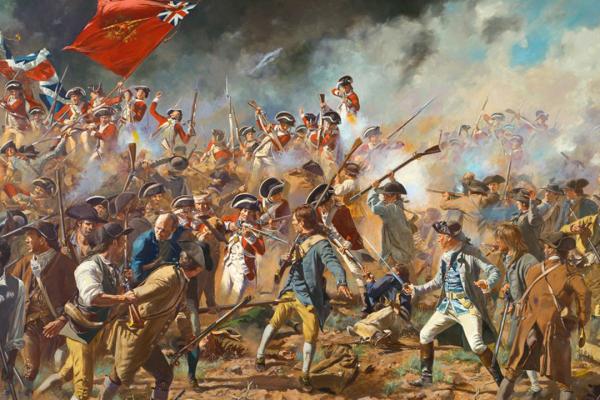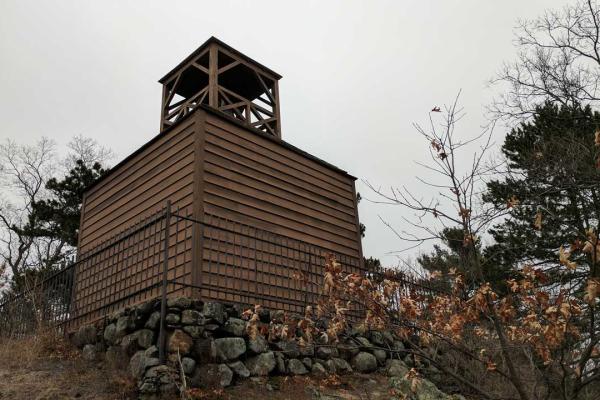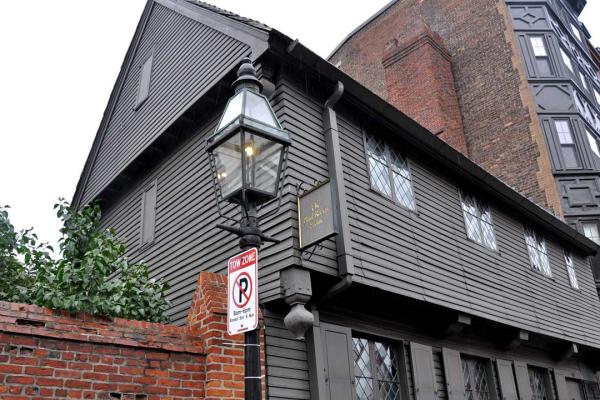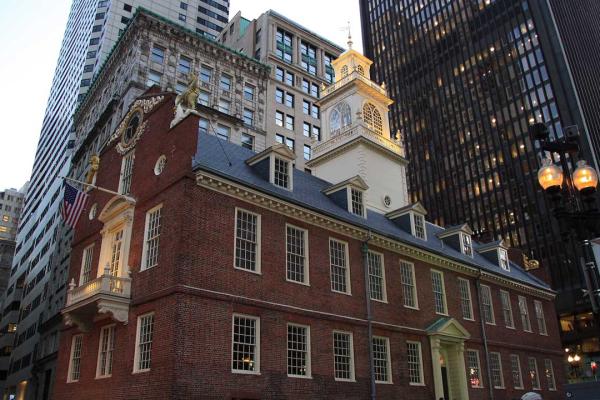In the days leading up the Battle of Lexington and Concord, James Barrett stored military supplies, including small cannons, from that were smuggled...
Once the training ground for British troops in Boston, it was from here that Regulars marched toward Lexington & Concord, sparking the American...
Waiting on British troops to arrive on the morning of April 19, militia members used this tavern to wait for their arrival before assembling on the...
This building was the home of the captain of the Lincoln Minutemen, William Smith, who led his men at the Lexington Green on April 19, 1775.
Once an influential shipbuilding center, Newburyport now houses the Custom House Maritime Museum, which interprets the region's naval history.
A monumental structure built in 1742, Faneuil Hall served as one of the most important sites of civic engagement in colonial Boston. Since, it has...
In the early twilight hours of April 19, 1775, Paul Revere rode by this house to warn its occupants, Samuel Adams and John Hancock, of the impending...
The Harrington House belonged to that of Jonathan Harrington whom, according to local history, crawled back to his house to pass in his wife's arms...
Located near where Paul Revere was captured during his famous ride, one of Revere's compatriots was able to escape and alert Hartwell family, who...
Liberty Trail History Makers
The Revolutionary War was a war unlike any other — one of ideas and ideals, that shaped “the course of human events. Explore the history and personalities from this pivotal time in American history.A Loyalist and Massachusetts governor, Hutchinson supported British policies that fueled colonial unrest, such as the Stamp and Tea Acts, leading to events like the Boston Massacre and Boston Tea Party.
Disguised as a man, Sampson served in the Continental Army during the Revolutionary War, enduring injuries and maintaining her secret identity until 1783, and later became a public figure advocating for veterans' pensions.
Overshadowed by Paul Revere famous midnight ride, Dawes also rode through the night on April 18, 1775, warning of the British march to Concord. He escaped capture and later served in the Revolutionary War.
A former slave who fought heroically at Bunker Hill, Poor served throughout the Revolutionary War and earned recognition for his bravery.

